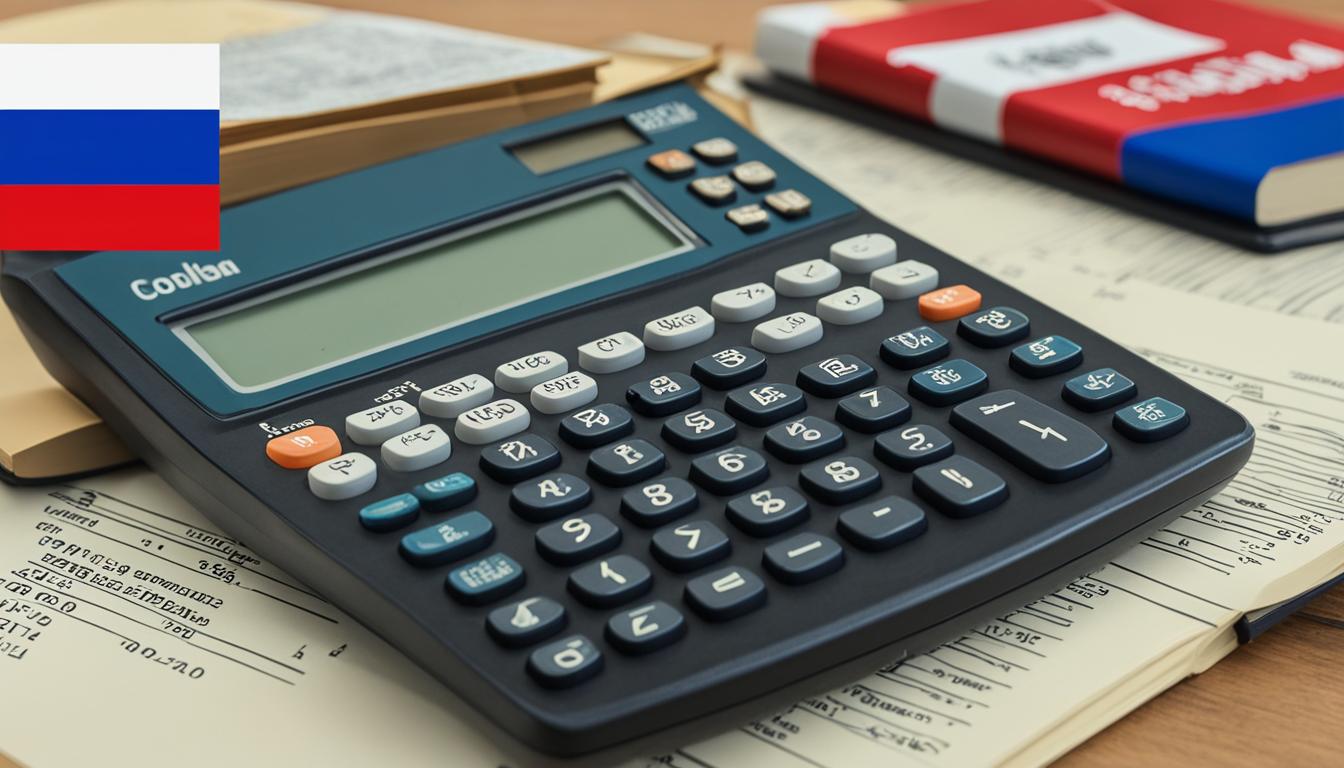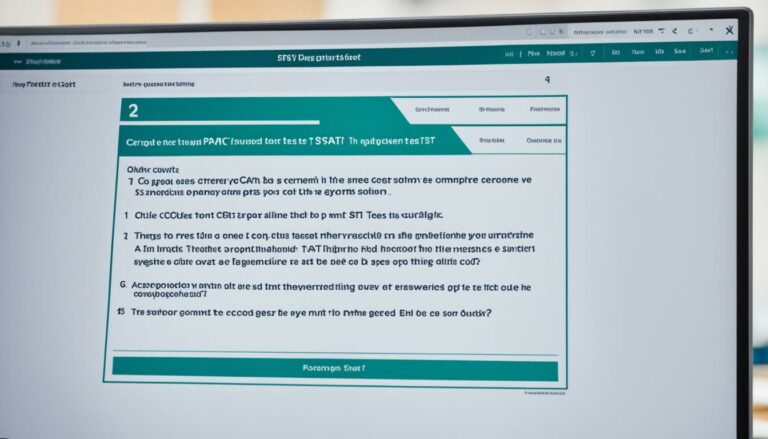Converting Russian Grades to GPA – A Guide
Converting Russian grades to GPA can be complex, but it becomes significantly easier with the proper knowledge.
Whether you’re an international student transferring from a Russian university to an American one or an institution evaluating Russian students’ qualifications, this guide will equip you with the necessary information.
Let’s delve into the intricacies of the Russian grading system and explore the differences between Russian and American grading.
We’ll uncover the key characteristics of the Russian university grading system and discuss how to navigate the challenges that come with converting Russian grades to GPA.
Understanding the Russian Grading System
An Overview of Russian Educational Assessment
To convert Russian grades to GPA, it is crucial to have a comprehensive understanding of the Russian grading system. The Russian educational assessment follows its own unique set of principles and criteria.
While the specifics may vary across educational levels, the Russian grading system typically utilizes a numerical scale ranging from 1 to 5, with 5 being the highest grade. This numerical scale provides a quantifiable measure of students’ performance and proficiency in their academic subjects.
Differences Between Russian and American Grading
When converting Russian grades to GPA, it is essential to understand the key differences between Russian and American grading systems.
One notable difference is the grading scale itself. While the Russian grading system uses a numerical scale from 1 to 5, the American system typically employs letter grades, such as A, B, C, etc. This difference in the grading scale can make the conversion process more complex and requires careful consideration.
The criteria for assessing students’ performance may also vary between the two systems. While the Russian system often considers various aspects of a student’s academic performance, the American system focuses more heavily on test scores and class assignments.
Key Characteristics of the Russian University Grading System
The Russian university grading system has distinct characteristics that students and educators must be aware of when converting Russian grades to GPA.
One significant characteristic is the use of a class ranking system. Russian universities often rank students based on their academic performance, with the top-performing students receiving higher grades. This class ranking can affect GPA calculations and may impact the conversion process.
🌟 Hey Students! 🚀 Ready for the ultimate experience? Join us on Studentsinside.com's Facebook, YouTube, WhatsApp, and LinkedIn. Click now for tips, fun, and success vibes! 🌈✨ #StudentLife #JoinUs
The Russian Grading Scale Conversion Challenge
In converting Russian grades to GPA, students and educators face several challenges. One of the major difficulties is mapping the Russian grading scale onto the American GPA scale. The Russian and GPA systems have different grade ranges and grading criteria, making it challenging to establish accurate equivalencies.
The Russian grading scale typically uses numerical values, 1 to 5, with 5 being the highest grade. On the other hand, the American GPA scale is based on a 4.0 scale, where students are assigned letter grades from A to F, with plus and minus variations. Converting these different scales requires a systematic approach.
Accuracy is crucial when converting Russian grades to GPA, as even a slight miscalculation can have significant implications for a student’s academic standing or admission into educational institutions. Understanding the nuances of grading systems and the differences in grading scales is essential to ensure a precise conversion.
The complexities of converting Russian grades to GPA include:
- Differences in grade ranges: The Russian grading system may have a wider range of numerical grades, while the GPA scale is limited to letter grades. Converting a specific numerical grade to an appropriate letter grade requires careful assessment.
- Varied grading criteria: The evaluation criteria for Russian grades may differ from those used in the American GPA system. Understanding each system’s grading criteria is crucial to establishing accurate equivalencies.
- Subjectivity in grading: The interpretation of grades can also vary between the Russian grading system and the GPA system. Subjective factors, such as class participation or oral exams, may have different weightings in each system, further complicating the conversion process.
Step-by-Step Process to Convert Russian Grades to GPA
Identifying Equivalent Grades
The first step in converting Russian grades to GPA is identifying the equivalent grades in the American system. This requires a thorough understanding of the grading scales used in both systems.
Consult resources such as conversion charts, university guidelines, or academic advisors to match Russian grades with their corresponding GPA values. It’s important to note that the two systems’ grade ranges and criteria may differ, so careful analysis is essential for accurate conversion.
Handling Credits and Course Hours in Conversion
In addition to grades, the conversion process should also account for credits and course hours. The Russian grading system may have a different credit and course hour structure than the American one.
Consider the credits awarded for each course and the total course hours completed. Convert the credits and course hours to the American equivalent, ensuring consistency and accuracy in the GPA calculation.
Russian Education System and GPA Calculation Norms
In the Russian education system, GPA calculation follows specific norms and guidelines. Students and educators need to understand these norms to accurately calculate GPAs in Russian universities.
When calculating GPAs in Russian universities, different subjects may be weighted differently. Like core academic courses, certain subjects may carry more weight in GPA calculations than elective or extracurricular subjects. Educational authorities typically determine these weightings.
Grading criteria also play an essential role in GPA calculation in Russian universities. Each grade is assigned a specific value, which is used to calculate the overall GPA. The grading scale and criteria may vary between institutions or programs, but they generally adhere to established norms and standards.
Navigating Common Issues During GPA Conversion for Russian Grades
Converting Russian grades to GPA can present several common issues that must be addressed for an accurate conversion. These issues include discrepancies in credits and quality points, adjusting for different credit systems, and addressing errors in Russian GPA scale translation.
Discrepancies in Credits and Quality Points
One of the challenges in GPA conversion for Russian grades is the discrepancies that may arise in credits and quality points. The Russian grading system may use a different credit system or have different course weightings. It is crucial to carefully assess and adjust the credits and quality points when converting Russian grades to GPA.
Adjusting for Different Credit Systems
Another common issue in GPA conversion for Russian grades is adjusting for different credit systems. Russian universities may use a credit system that differs from the American credit system, making it necessary to consider these differences during the conversion process. It is essential to understand the credit transfer policies and to make the required adjustments to ensure the accuracy of the GPA conversion.
Addressing Errors in Russian GPA Scale Translation
Errors in the Russian GPA scale translation can also contribute to inaccuracies in the GPA conversion process. Translating the Russian grading scale to the American GPA scale requires careful attention to represent the student’s academic performance accurately. It is important to double-check and validate the translation to address any errors that may arise.
Ensuring Accurate Russian Grading System for GPA Translation
When converting Russian grades to GPA, accuracy is of utmost importance. A precise translation of the Russian grading system to GPA ensures that students and educators can effectively compare academic achievements and qualifications across different educational systems. Here are some key tips to ensure accurate conversion:
Firstly, it is crucial to double-check all conversions. Verify that the equivalences between Russian grades and GPA are correctly identified. This can be done by referring to reliable sources such as official conversion tables or academic experts who are well-versed in the Russian grading system.
Seeking expert guidance can greatly enhance the accuracy of GPA conversion. Experienced educators or academic advisors can provide invaluable insights and assistance. They can help address any intricacies or uncertainties in translating Russian grades to GPA, ensuring precise and reliable results.
Lastly, it is essential to verify the accuracy of translated documents. Whether it’s transcripts or any other official records, confirm that the translation of the Russian grading system has been done with precision. Even small errors or omissions can significantly impact GPA conversion, so careful review and comparison is necessary.
Accurate GPA conversion from the Russian grading system is essential for educational and professional purposes. It enables employers, graduate schools, and other institutions to properly evaluate candidates’ academic achievements, making informed decisions about admissions, scholarships, or employment opportunities.
FAQ
Q: What is the purpose of this guide?
A: This guide aims to help students and educators convert Russian grades to GPA by providing a step-by-step process and addressing common issues and challenges.
Q: How does the Russian grading system differ from the American one?
A: The Russian grading system differs in assessment methods, grading scales, and class rankings compared to the American grading system. Understanding these differences is crucial for accurate GPA conversion.
Q: How does the Russian university grading system work?
A: The Russian university grading system uses numerical scales, with grades ranging from 1 to 10. Class rankings also play a significant role in the Russian university grading system.
Q: What are the challenges of converting Russian grades to GPA?
A: Converting Russian grades to GPA can be challenging due to differences in grade ranges and grading criteria and mapping the Russian grading scale onto the American GPA scale.
Q: How is GPA calculated in Russian universities?
A: GPA in Russian universities is calculated by assigning weights to different subjects and using specific grading criteria. The calculation also considers the number of credit hours for each subject.
Q: What common issues may arise during GPA conversion for Russian grades?
A: Common issues include discrepancies in credits and quality points, dealing with different credit systems, and addressing errors in translating the Russian GPA scale.
Q: How can I ensure an accurate translation of the Russian grading system to GPA?
A: To ensure accuracy, it is essential to double-check conversions, seek expert guidance, and verify the accuracy of translated documents. Precision in GPA conversion is crucial for academic and professional purposes.








